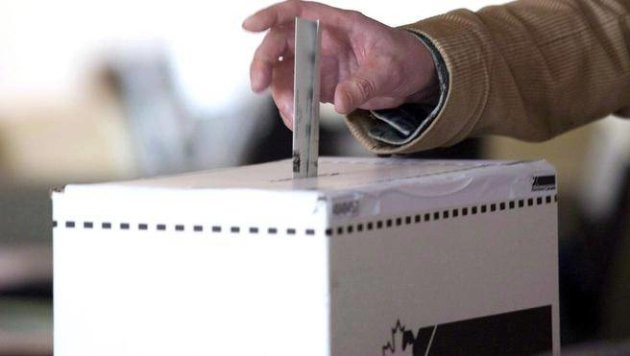In a statement released on Wednesday, Democracy Watch asked Elections Ontario — by threat of court action — to advertise the fact that voters have the legal right under section 53 of the Elections Act to decline their ballot (i.e. vote “none of the above”) and have it counted separately from a spoiled ballot.
[Section] 53. An elector who has received a ballot and returns it to the deputy returning officer declining to vote, forfeits the right to vote and the deputy returning officer shall immediately write the word “declined” upon the back of the ballot and preserve it to be returned to the returning officer and shall cause an entry to be made in the poll record that the elector declined to vote.
R.S.O. 1990, c. E.6, s. 53.”
In an interview with Yahoo Canada News, Democracy Watch's Duff Conacher said that if Elections Ontario did advertise that option — as part of their outreach materials — voter turnout would indeed increase.
"There are some people who don't support any party that has a candidate in their riding or do not support any of the parties' platforms," he said.
"They may go and spoil their ballot but when you spoil your ballot nobody knows whether you're stupid or you're doing it intentionally. And that's why you have a right to decline your ballot...so you can go and vote none of the above."
[ More Ontario election coverage: First attack ads largely miss the mark: expert ]
In the future, Conacher would like to see new regulations so that ballots actually have a line that explicitly says "None of the Above" and space for voters to explain their reason for selecting that option.
"I think a lot of them would say 'don't like the voting system' or 'can't be held accountable for broken promises,'" Conacher said.
"Why not track that if you really want to know why people aren't voting for any one party?"
For their part, Elections Ontario says that their online guide and a poster of voters rights — which will be placed at every polling location — include "mentions" about the right to decline. They also note, however, that increasing voter turnout isn't necessarily just their responsibility.
"Political parties, candidates, interest groups, media and the voters themselves all have a role to play in increasing participation in our provincial elections," Andrew Willis, a communications coordinator for Elections Ontario, said in an email to Yahoo.
"We are a non-partisan agency and as such, our role is not to get individuals to vote. Rather, we facilitate the vote – and, if one chooses, the right not to vote."
What do you think? Would a 'none of the above' option entice more Ontarians -- and more Canadians -- to vote in elections?
Let us know your thoughts in the comment section below.
(Photo courtesy the Canadian Press)




